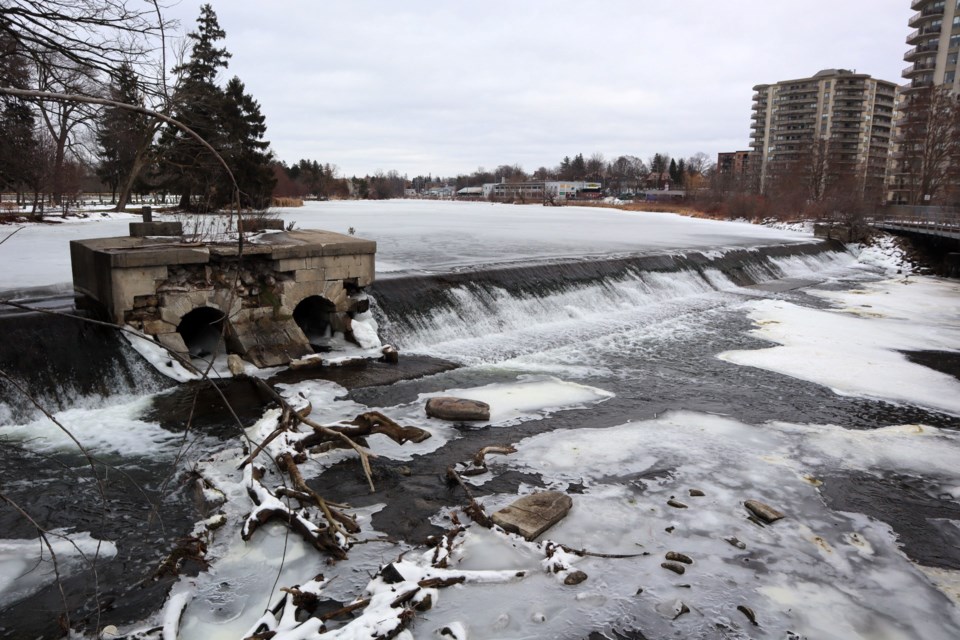Revenue from development charges and a growing tax base is expected to cover a good chunk of cost of constructing the new $108 million recreation complex by 2026.
But the new sports complex, and three other major capital projects coming down the pike, will also add to the city's taxpayer-funded debt tally to the tune of $52.5 million over the next decade.
The city's 2024 draft budget details the expenses expected to impact tax hikes now through 2028.
The other three major projects are the reconstruction of the Riverside dam, Black Bridge Road improvements, and the expansion of Townline Road.
Total debt financing by the city for those projects is $139.7 million and will be supported by existing tax revenues, development charges and anticipated tax revenue from future growth.
Of that planned debt, $87.8 million is included in next year's budget for the recreation complex construction and reconstruction of Blackbridge Road and bridge.
The remaining $51.9 million through 2028 includes $19.3 million for the reconstruction of the Riverside Park dam, $21 million of growth-supported debt for north Cambridge and south east Galt development projects, and $5.8 million growth supported debt and $5.8 million of tax-supported debt for Townline Road reconstruction projects.
Development charges from planned residential and industrial growth between Riverside Drive and Fountain Street North, as well as in the city's south end, around the recreation complex, will help soften the blow for ratepayers. DC revenues in 2024 alone are expected to top $40 million.
More than $60 million in additional tax revenue next year will also allow the city to borrow more for capital improvements.
But all that debt will have an impact on the city's financial stability over the next decade.
The province's Ministry of Municipal Affairs and Housing regulates the amount of debt municipalities can carry.
The ministry's annual repayment limit threshold is 25 per cent of a municipality’s own net source revenues.
To ensure financial sustainability and minimize risk, the City of Cambridge’s own debt policy further limits its debt capacity to 10 per cent of own source revenues for tax-supported debt, including 15 per cent of own source revenues for rate-supported debt charges.
Cambridge already has outstanding debt obligations of $67 million.
On top of that, the city has $49.1 million in debt that has been approved but not issued due to the timing of cash requirements on capital projects.
Repayments on the city’s issued debt equates to approximately 3.17 per cent of the city’s own source of revenue and is well within policies set by the city and province for carrying debt, reads the city's draft budget.
When the $49.1 million in additional debt comes due, the city's debt repayment ratio grows to 6.92 per cent.
But as about $140 million in additional debt comes due over the next six years, it's projected the city will reach a debt repayment ratio of 12 per cent by 2025, rise to 13 per cent by 2027, and remain above 10 per cent for the remainder of the 10-year forecast.
To ensure the city continues to maintain its strong financial position, staff says it will review the city’s debt policy, growth-funded debt needs relative to DC revenue forecasts, and the timing of debt-funded capital projects.
"Should growth and intensification not hit the targets identified in the DC Background Study, this may have an impact to the tax and water/sewer rates to fund the required debt payments as they become due," reads the draft budget.
"Staff will continue to proactively manage the timing of the City’s growth funding needs by forecasting DC revenues and ensuring sufficient funds are available to support the projects."






